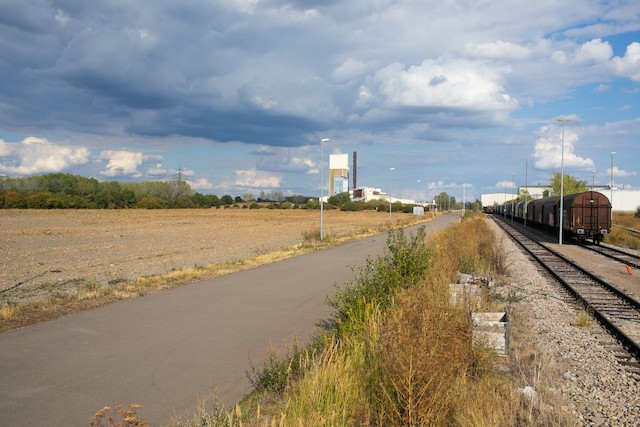The government sold the land--straddling the communes of Bettembourg and Dudelange--in 2016 but Fage pulled out of the project in September last year. The company had faced growing scrutiny over environmental concerns and Luxembourg’s public prosecutor had opened a preliminary investigation into Fage’s finances.
MPs have invited Schneider to explain the transaction, a statement published by the Chamber of Deputies said. Since Schneider is no longer a member of government, the committee can only invite him and not summon him to attend.
MPs already spoke with economy minister Franz Fayot (LSAP), who succeeded Schneider, and finance minister Pierre Gramegna (DP), who proposed stricter obligations for the state when it negotiates these kinds of deals.
A report from the Court of Auditors--a watchdog parliament can call on to carry out financial reviews--cited irregularities in the sale of the land. For example, negotiations weren’t documented and there is no record of how both parties agreed on a price.
The head of parliament’s budget control committee, Diane Adehm (CSV), told the French edition of the Luxemburger Wort that it remains unclear why the state didn’t lease the land, rather than selling it, a common practice for these types of industrial projects. In addition, the acquisition comes with a price tag of €27.6m in Fage’s books but was announced for €29.6m, according to Adehm.
The state said it would buy back the land from Fage when it quit the project shortly after the public prosecutor said it would look into the company’s balance sheets.
Fage over a period of eight years paid more than $53m to two consulting companies, its annual report shows. But the consultancies don’t employ any staff and are tied to the family behind Fage.
Fayot defended the payments as tax optimisation. His ministry and the environment ministry were still in the process of reviewing planning permission for Fage when the company pulled the plug on a yoghurt factory that was supposed to create up to 300 jobs.
The invitation to explain himself by the budget control committee is the second for Schneider since he left government at the start of 2020.
He was previously invited to review the budget of a military Earth observation satellite, which ended up costing €139m more than foreseen under plans presented by Schneider in his role as defence minister in 2018.
The Court of Auditors has been charged with a review of the project’s finances similar to that of the Fage deal.
